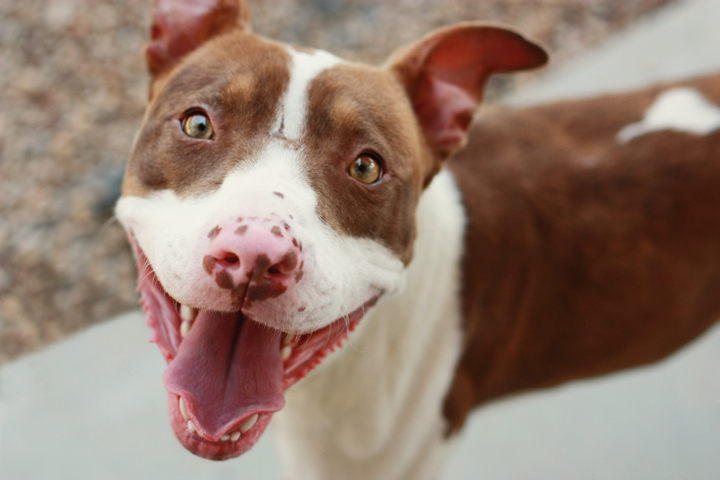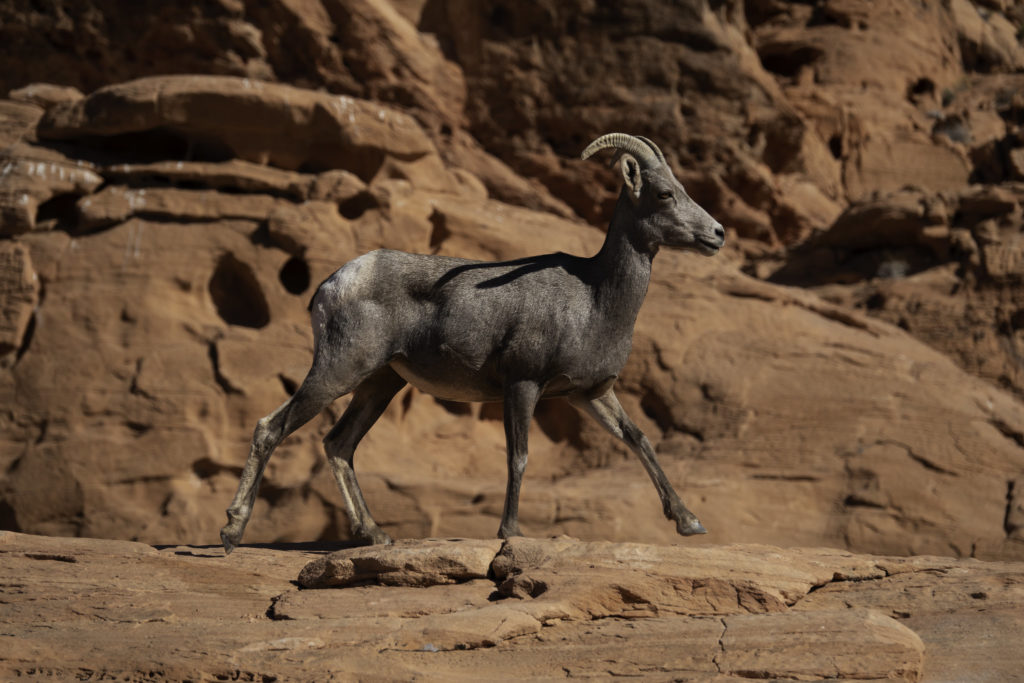What Animal Are You Posted by Nadya on Aug 10, 2020 in Idioms, language, Russian for beginners
Humanity closely lives with animals under the same sky. It is no wonder that since ancient times, people have become accustomed to comparing each other to animals, birds, and fish. Such comparisons are made to describe a person’s appearance, traits of character, activity, behavior, or feelings.
Animal similes in the Russian language
In the Russian language, the conjunction “как” [kahk] (as/like) is using for comparison. In English, you can choose between “as” and “like”. But both words will translate the same – “как”.
Let’s look at quite simple yet very colorful expressions and phrases, consisting of the next elementary constructions:
adjective + как + noun (an animal)
Most of those phrases are very similar to their English equivalents. Many sound a little strange in English. Although today some others have lost their relevance in Russian too. For example,
“Злой как соба́ка.” – “(As) angry as a dog.”
– Извини́, я вчера́ был злой как соба́ка. (Sorry, I was (as) angry as a dog yesterday.)
Dogs are much friendlier now than a century ago. They do not have to guard the owner’s house and defend it from attacks anymore and prefer to lie on the couch.
Most often, comparisons with animals in Russian are used for describing traits of character:
“Хра́брый как лев.” – “(As) brave as a lion.”
– Мой муж хра́брый как лев. (My husband is (as) brave as a lion.)
“Ме́дленный как черепа́ха.” – “(As) slow as a tortoise.”
– Что ты ме́дленный как черепа́ха? (Why are you (as) slow as a tortoise?)
“Упря́мый как осёл.” – “(As) stubborn as a mule.”
– Он не выполня́ет зада́ния, потому́ что упря́мый как осёл. (He does not perform tasks because he is (as) stubborn as a mule.)
“Трусли́вый как за́яц.” – “(As) timid as a rabbit.”
– Не будь трусли́вым как за́яц! (Don’t be (as) timid as a rabbit!)
Describing appearance:
“Гря́зный как свинья́.” – “(As) dirty as a pig.”
– Посмотри́ на себя́ – ты гря́зный как свинья́! (Look at you – you are (as) dirty as a pig!)
Describing feelings:
“Голо́дный как волк.” – “(As) hungry as a wolf.”
– Ма́ма, я голо́дный как волк, что у нас на обе́д? (Mom, I’m (as) hungry as a wolf, what do we have for lunch?)
“Свобо́дный как пти́ца.” – “(As) free as a bird.”
– Наконе́ц-то я сдала́ все экза́мены. Тепе́рь я свобо́дная как пти́ца. (Finally, I passed all the exams. Now I am (as) free as a bird.)
verb + как + noun (an animal)
By analogy with the previous scheme, there are many sayings with a verb instead of an adjective.
Since the verbs represent actions, plenty of comparisons are about an activity:
“Пры́гать как коза́.” – “To jump like a goat.”
– Хва́тит пры́гать как коза́! Прися́дь, пожа́луйста! (Enough jumping like a goat! Sit down, please!)
“Петь как солове́й.” – “To sing like a nightingale.”
– Ната́ша поёт как солове́й. У неё краси́вый го́лос. (Natasha sings like a nightingale. She has a beautiful voice.)
“Е́сть как пти́чка.” – “To eat like a bird.”
– Она́ е́ст как пти́чка – совсе́м ма́ло. (She eats like a bird – very little.)
“Паха́ть как ло́шадь.” – “To work like a horse.”
– Э́тот па́рень па́шет как ло́шадь. Ему́ о́чень нужны́ де́ньги. (This guy works like a horse. He really needs money.)
The last idiom can lead to another:
“Уста́ть как соба́ка.“ – “To be tired like a dog.”
– Я паха́л как ло́шадь, и уста́л как соба́ка. (I’ve been working all day like a horse, and I am tired like a dog now.)
This example shows us that during the day we can work like one animal, but feel like another.
What animals would you compare yourself with? Try to сome up with short sentences using the above schemas.
The are many other idioms and sayings with animal words in Russian. You can read some in our previous posts here and here.

Build vocabulary, practice pronunciation, and more with Transparent Language Online. Available anytime, anywhere, on any device.






Comments:
Janet Maran:
These were great! Commonly used expressions. I also liked the way you translate everything! More of these please!
Nadya:
@Janet Maran Thank you very much, Janet! It is a good idea. I will write something interesting about other commonly used expressions.